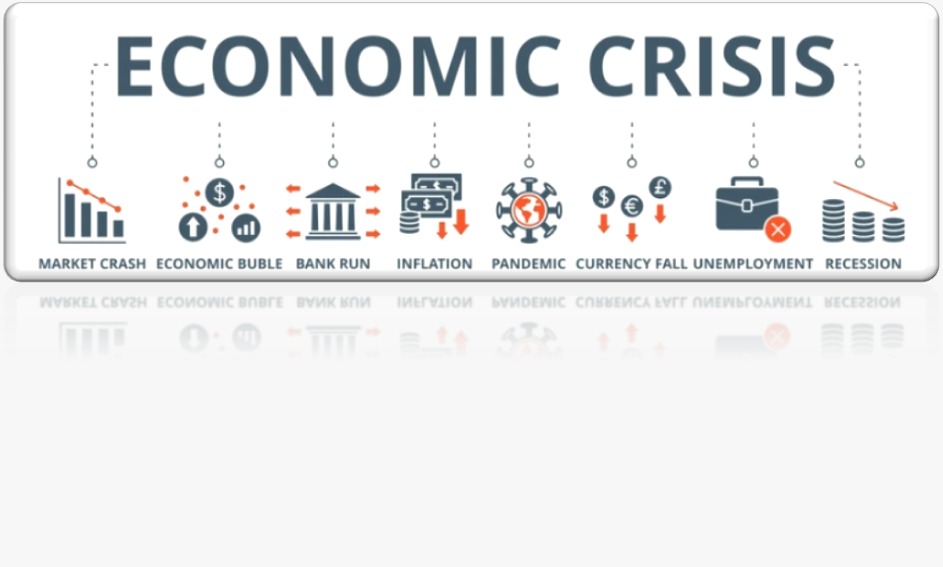ISLAMABAD: Pakistan is currently witnessing low growth, skyrocketing inflation, unemployment, falling investment, widening trade and fiscal deficits, precariously low foreign reserves, high debt accumulation and external imbalances, mainly due to policy inconsistencies.
Talking to WealthPK, Dr Mahmood Khalid, a research economist at the Pakistan Institute of Development Economics (PIDE), said the economy was facing multiple headwinds due to the Ukraine crisis, the commodity supercycle, political instability, inconsistent economic policies, aftermath of catastrophic flooding and greater reliance on imports.
He maintained that the implementation of harsh IMF conditions, including the withdrawal of energy subsidies, had further worsened the economic conditions.
Pakistan Pharmace¬u¬tical Manufa¬c¬turers Association Chairman Syed Farooq Bukhari told WealthPK that the cash-strapped country was experiencing a crippling economic crisis with decades-high inflation, massive rupee devaluation and a severe shortage of essential goods.
He said that the drying-up of foreign exchange reserves had significantly reduced the ability of pharmaceutical companies to continue production because of the unavailability of raw materials.
He pointed out that thousands of containers were stuck at the ports as banks were not opening fresh letters of credit for importers of raw material.
According to the data released by the State Bank of Pakistan (SBP), foreign exchange reserves have slipped to an alarming level of $3.1 billion as of February 10, 2023.
The economic uncertainty in Pakistan has dented investors’ confidence. As per the figures issued by the SBP, Pakistan’s foreign direct investment fell by 60.9% in the fiscal year 2021-22 compared to the previous year.
The country’s total debt and liabilities have heightened to over Rs60 trillion. As per the annual report of the ministry of finance, the debt burden of every citizen has alarmingly jumped by 21% to Rs216,708 by the end of the fiscal year 2021-22.
Policy inconsistency is one of the major factors causing economic upheaval.
Akbar Zaidi, a noted economist, in his book “Issues in Pakistan’s Economy”, mentioned that numerous economic policies have been implemented since the country’s inception. Such policies include Hoover’s trickle-down model, nationalisation, an aid-based economy, reliance on short-term and long-term loans, a capitalistic system, and a welfare economy.
So, policy continuity is the need of the hour to achieve desired economic growth.
In January 2023, annual inflation measured by the Consumer Price Index was recorded at 27.55% – the highest increase since May 1975.






